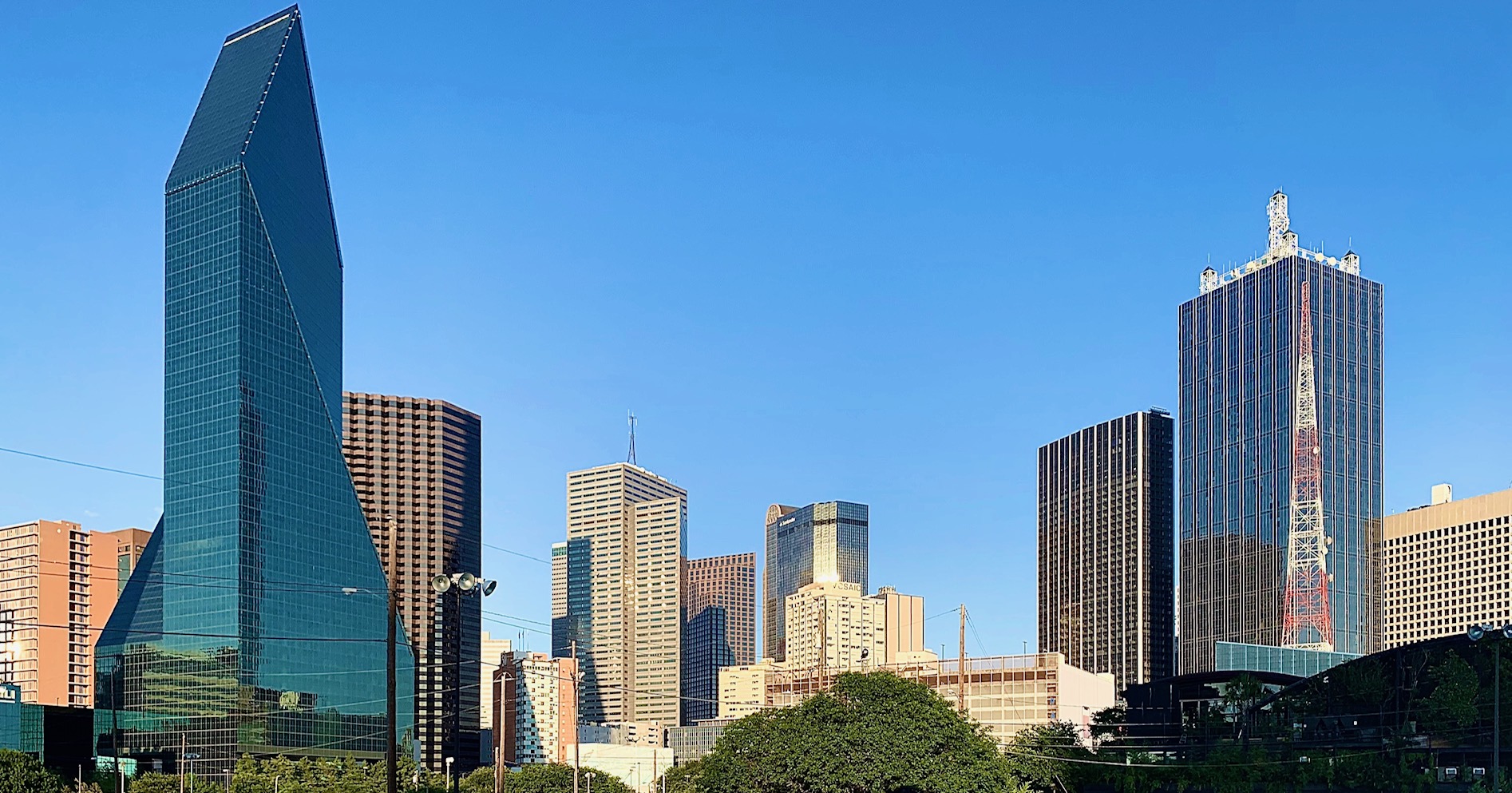
Dallas was one of the top 10 counties with COVID-19 cases in July, after having reopened in mid-May. Then, the city shut down all over again — and I was there.
I wasn’t supposed to be. In an epoch where internships fell through and many lost their summer plans, I was also a victim of cancelled opportunities. No longer would I be studying in Oxford and coming home to work as a front desk agent at my favorite hotel. I felt as dead as the streets in my small Arizona town.
Then Dallas became an option. I was hired at a business magazine, and though working from home was encouraged, I took my chances and headed to Texas. The offices were closed, but I was there.
Walking downtown in the city of Dallas was like walking through a ghost town. It invited all sorts of eerie feelings. Lights flickered. Restaurants were boarded up. The only people walking the streets were the ones that lived on them. Culture wasn’t at a standstill, but it seemed dead.
We often define culture by its atmosphere. When we go to a church or a school or a city we don’t like, we are left with this simple statement rolling off our tongues: “I didn’t like the culture.” And that’s exactly what I first said about Dallas.
No doubt the pandemic has disrupted many cultures—especially those defined by lights, bustling streets, and buildings that invite people in instead of shutting them out. But we choose to define a culture by the way it makes us feel, rather than what it is.
Dallas proved me wrong, and my summer was marked by a vibrant and colorful culture.
I visited sustainable homes handcrafted and developed by some of the nations’ finest builders and architects. The developer shared that he wanted to create homes that encouraged wellness and outdoor living. I talked to a woman who led the “Parade of Playhouses”—an event that built playhouses to raise support for kids who didn’t have safe homes. It was a virtual event this year — the first one in the last 20 years — but it went on, nonetheless.
Another time, I talked to a man who developed restaurants for a living. Dallas was always the place to create community, and a pandemic couldn’t stop that, he said. One girl started canning “Ranch Water,” a staple drink for Texas residents. Now the seltzer shelves are empty, but maybe, she said, these drinks are a silver lining for Texans quarantining.
At the ends of my days, I’d drive home and see the gleaming city lights. No longer a sign of the pizzazz and glamour of a ritzy city, they seemed to stamp the work and culture of a different set of new, accomplished friends. They built a culture that gave back.
The culture of Dallas didn’t depend on city lights and pizzazz, it depended on the steadfast work and kindness of its people. Of course restaurants, concerts, and busy streets are indicative of a thriving community. But even more so, these people, and their work to create and sustain this city they called home, were still breathing life into a culture I had assumed was dead. Social gatherings should be a celebration of this.
We’ve missed social gatherings in our time away from Hillsdale, and realistically, they will likely remain more limited for a while to come.
But what we’ve built in our corner of the country is special — the round-table conversations in the Knorr Family Dining Hall where we’ve developed life-long friendships, the long hours in the library that have cultivated our perseverance, or the students who have poured immeasurable amounts of time into their music that enriches our campus. These precious commitments — to ourselves and our loved ones—sustain the culture we’ve missed.
As students, as friends, as athletes, and as musicians, as faculty, it is our task to preserve our culture. It’s what brought us back to this special place. And maybe, when the time is right, we can raise a glass to Hillsdale, and our corner that has enriched us so deeply that we say, “Yeah. I like the culture there.”

